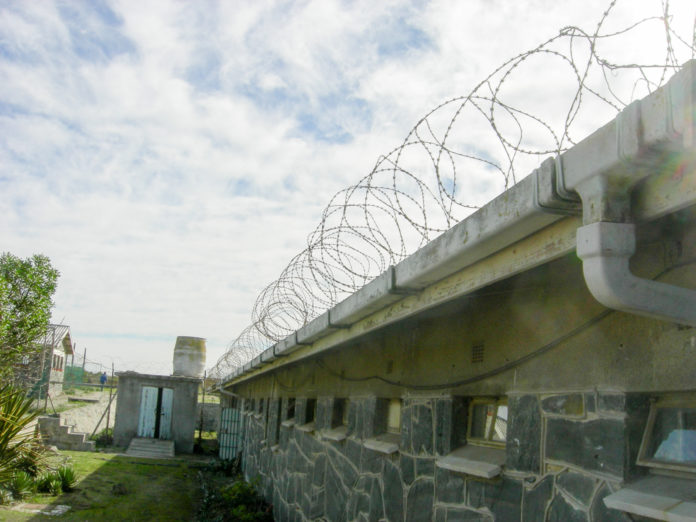
These are tough times. The COVID-19 pandemic has taken thousands of lives and stolen everyone’s sense of “normal.” It has forced deep change into nearly every moment of the way we live and work. Like an earthquake, it has sent shock waves in every direction: soaring prices, empty shelves, businesses closed, events canceled, personal isolation.
Add to this health crisis a horrific pall of violence that stretches from halfway around the world with the war in Ukraine to shootings in our own city streets. And, underneath this dark shadow is the seething caldron of racial, ethnic and ideological division that is poisoning our union.
It is no wonder that every survey and every metric point to the rising levels of stress that people are experiencing. It is not just the weak and vulnerable who feel approaching threats breathing down their necks; it’s the strong and stable who too sense the lurking presence of danger.
Our fight and flight mechanisms are running at full throttle. Triggered by fear, some resort to the fight response, unleashing polarizing hatred and fierce aggression toward “the enemy,” who must be identified and destroyed. Others, paralyzed by anxiety, take flight into the dark shelters of depression and withdrawal.
These are tough times. But, I am wisely reminded that they are not unprecedented times. We have been here before. And, we have survived. What can we learn from previous tough times and those who survived them?
In 1948, apartheid and its racial segregation became the official policy of South Africa’s ruling National Party. For the next 40 years, South Africa boiled with racial turmoil. The population was divided into three separate but unequal groups: white, colored and Black.
While the white citizens flourished and the colored survived, the Black citizens suffered terribly. They were forced to live in the squalor of dreadfully impoverished townships. Violence poured out into the streets. Protesters were beaten and killed.
In 1964, Nelson Mandela, leader of the African National Congress, which sought to eliminate apartheid, was sentenced to life in prison. For decades, Blacks would live in the ghettos of injustice, poverty, brutality and oppression. These were very tough times.
With the scorching fires of apartheid still raging in the late 1980s, with Mandela still locked in his jail cell on Robben Island and Black lives still wasting in the stench of Cape Town slums, Ted Koppel, host of the news program, “Nightline,” asked Archbishop Desmond Tutu if the horrific circumstances in South Africa were hopeless.
Tutu gave a most honest and heartfelt response: “Of course it is hopeless from a human point of view. But we believe in the resurrection, and so we are prisoners of hope.”
Prisoners of hope! What an amazing image, especially for those South Africans who knew well what it meant to be in prison.
They were surrounded by thick walls, not of concrete, but of assurance that held them secure during the long years of suffering. They were chained fast to an inescapable belief that good was stronger than evil and that love would conquer hate. They were sentenced to a lifetime conviction that peace and justice would prevail over hostility and oppression. They trusted that, somehow, their destinies were held in larger and kinder hands. They were prisoners of hope.
It was this hope that emboldened their courage and inspired their actions. It was this hope that took them to the streets to demand freedom. It was this hope that raised them to their feet every time they were beaten down. It was this hope that shined like a beacon, guiding them through the storm to the safe harbor of a new day.
Of course, history shows that their hope was not forlorn. Apartheid has been struck down, and new measures of justice and equality are being lifted up. Wounds are healing. Doors of opportunity are opening. And, voices are joining in a new found harmony.
A few years ago, I was riding on a tour boat, crossing over to Robben Island to visit the cell that held Mandela. I struck up a conversation with two men who were sitting side by side. One was Black; the other was white. They were sharing a newspaper. I started to ask about Mandela and the ending of apartheid.
The Black man smiled and said, “That is in the past. We have moved on.” Then he nodded to the white man sitting next to him and said, “Do you see this man? He used to be my jailer. Now, we are friends. We sit next to each other and share a newspaper.”
These are tough times that we are experiencing. The way through them, as it has always been, is to join with those who have endured before us and to become with them prisoners of hope.









